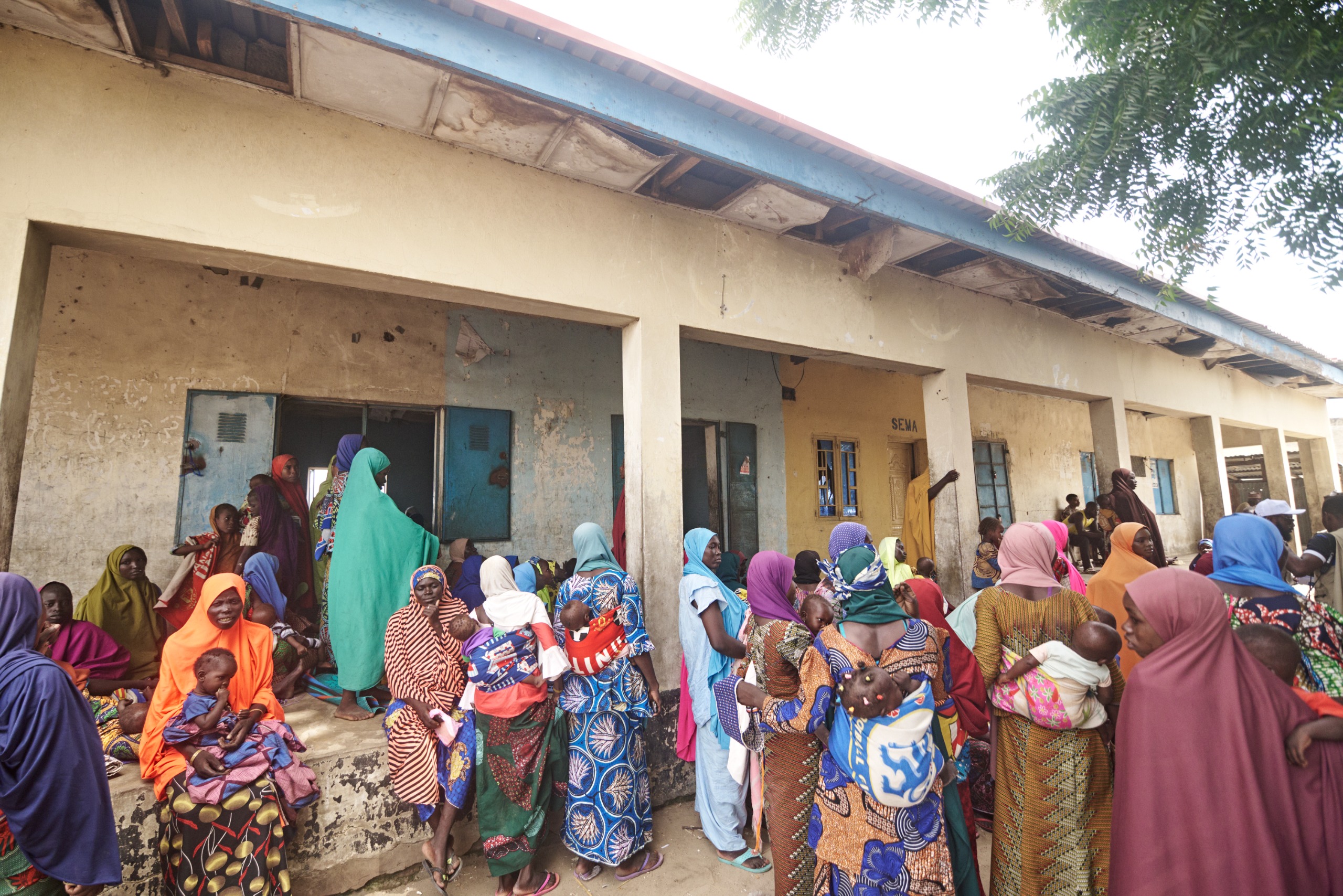UNICEF provides support to 14,000 malnourished children in Borno IDP camp
United Nations Children Education Funds (UNICEF) has provided support to 14,000 children suffering from acute malnutrition in Mafa local government area of Borno state. UNICEF’s Nutrition Assessment Officer for Borno and Yobe states, Nura Shehu, disclosed this to newsmen at the Government Girls Arabic Secondary School (GGASS) IDP camp, Mafa Headquarter of local government area […]

United Nations Children Education Funds (UNICEF) has provided support to 14,000 children suffering from acute malnutrition in Mafa local government area of Borno state.
UNICEF’s Nutrition Assessment Officer for Borno and Yobe states, Nura Shehu, disclosed this to newsmen at the Government Girls Arabic Secondary School (GGASS) IDP camp, Mafa Headquarter of local government area of the state, on Thursday.
He explained that UNICEF Rapid Response Mechansim (RRM) intervention in the region enabled it to deliver life-saving assistance to address the immediate needs of vulnerable population, especially women and children.
He said, “We have 14,000 cases of acute malnurtrition, 5000 of them suffer severe acute malnutrition while 9000 suffer moderate acute malnutrition. Our intervention has helped to bring succour to the affected children,” he noted.
UNICEF warns of $100bn economic loss over conflict in Northeast Nigeria
5 feared dead in Osun communal clash as gov gives ‘shoot-at-sight’ order
He noted that under the global agency’s Rapid Response Mechanism, 6-59-month-old children suffering severe acute malnutrition without complications have been admitted to the camp’s healthcare facility, while their counterparts with complications are in healthcare facilities outside the camp.
Also, UNICEF’s Water Sanitation and Hygiene Specialist, Dr. Loris Salihu, explained at Outpatient Therapeutic Programme(OTP) that camp is hosting over 38,000 people, saying out of the four boreholes at the camp, only one was functional.
“Our intervention was lifesaving assistance to entire camp, it was one borehole that was functional before we moved in rehabilitate additional four boreholes with support from the UN Central Emergency Response Fund and EU Civil Protection and Humanitarian Aid Operations (ECHO).”
“Four boreholes with 14 taps heads each has capacity and yield of 60,000 littles per day and 200, 000 litters per day which is below UN standard 15 litters per person,” he said.
